Podcast: Play in new window | Download (Duration: 26:12 — 18.0MB) | Embed
Subscribe: Apple Podcasts | Spotify | Amazon Music | Android | Pandora | iHeartRadio | JioSaavn | Podchaser | Gaana | Podcast Index | Email | TuneIn | Deezer | Anghami | RSS | More
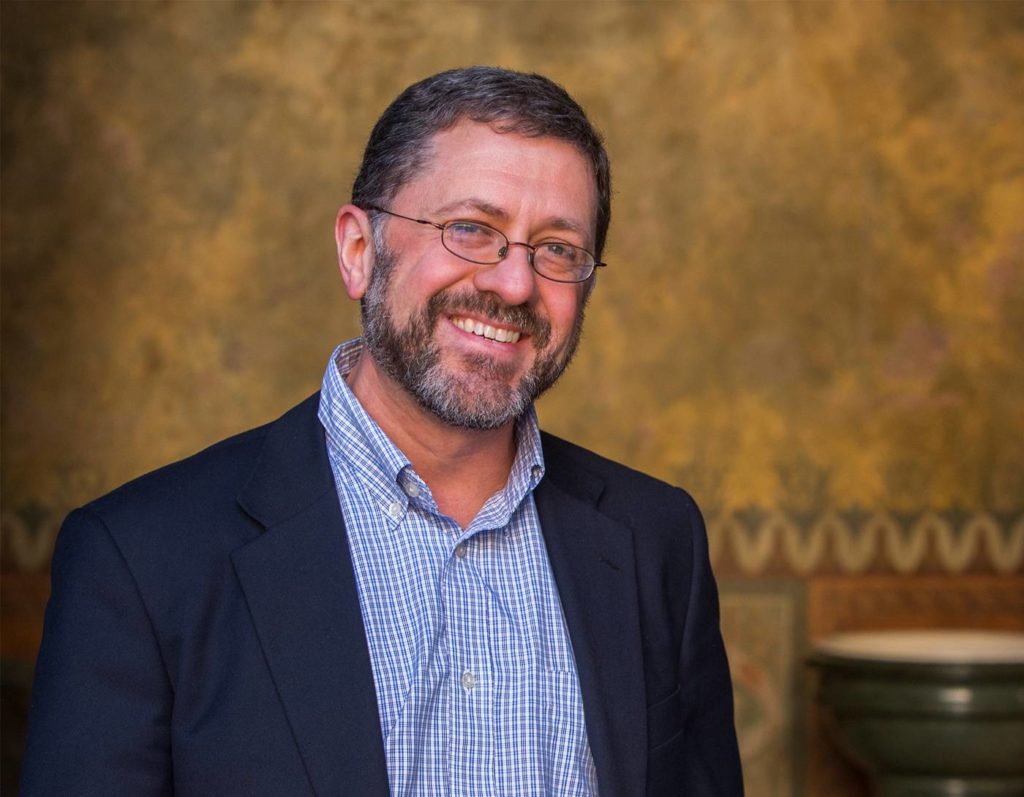 Episode 1 – Judas – “Villains of the Early Church: And How They Made Us Better Christians“
Episode 1 – Judas – “Villains of the Early Church: And How They Made Us Better Christians“
In this episode, Mike Aquilina and Kris McGregor discuss the “mystery of Judas.”
An excerpt from Villains of the Early Church:
What happened to Judas? Was it simple greed that snapped him? That seems unlikely. Thirty pieces of silver was a good bit of money, but Judas was doing all right with his embezzling racket. The Gospels don’t tell us his motivation most likely because their writers just didn’t know. It was a mystery to them as it is to us. And a lot of the Christian legends that later grew up about Judas seem like popular attempts to psychoanalyze him.
Judas was also present for the Last Supper, having a miserable time as Jesus told the disciples that one of them would betray him: “The Son of man goes as it is written of him, but woe to that man by whom the Son of man is betrayed! It would have been better for that man if he had not been born” (Matthew 26:24).
John tells us that the disciple whom Jesus loved—John himself—asked Jesus who the betrayer would be. “It is he to whom I shall give this morsel when I have dipped it,” Jesus responded, and then dipped the morsel and handed it to Judas. Yet the others still didn’t understand what Jesus meant when he said to Judas, “What you are going to do, do quickly” (John 13:26–27). Was he sending Judas out to buy more food? Or to make a donation to the poor from the money box?
“So, after receiving the morsel, he immediately went out,” John says, adding the significant detail “and it was night.” Judas walked out of the Last Supper and into the very symbolic darkness (John 13:30).
But he knew where to look for Jesus when he came with the police. Judas and the rest of the disciples had often been with Jesus in that pleasant park across the Kidron Valley, the garden of Gethsemane (see John 18:2; Mark 14:32). That was where Judas led the soldiers to arrest Jesus.
Aquilina, Mike. Villains of the Early Church: And How They Made Us Better Christians (Kindle Locations 190-203). Emmaus Road Publishing. Kindle Edition.
For more episodes in the Villians of the Early Church podcast visit here – Villains of the Early Church – Discerning Hearts Podcast
You can find the book on which this series is based here
Mike Aquilina is a popular author working in the area of Church history, especially patristics, the study of the early Church Fathers.[1] He is the executive vice-president and trustee of the St. Paul Center for Biblical Theology, a Roman Catholic research center based in Steubenville, Ohio. He is a contributing editor of Angelus (magazine) and general editor of the Reclaiming Catholic History Series from Ave Maria Press. He is the author or editor of more than fifty books, including The Fathers of the Church (2006); The Mass of the Early Christians (2007); Living the Mysteries (2003); and What Catholics Believe(1999). He has hosted eleven television series on the Eternal Word Television Network and is a frequent guest commentator on Catholic radio.
Mike Aquilina’s website is found at fathersofthechurch.com

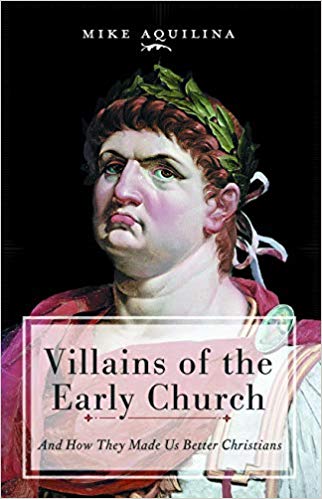

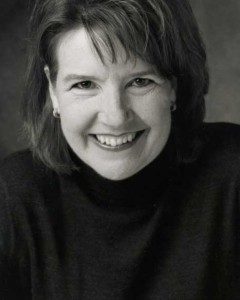

 In this episode, Dr. Lilles discusses the Fifth Mansions Chapter 1 of the “Interior Castle” which covers:
In this episode, Dr. Lilles discusses the Fifth Mansions Chapter 1 of the “Interior Castle” which covers: For other audio recordings of various spiritual classics you can visit the
For other audio recordings of various spiritual classics you can visit the 
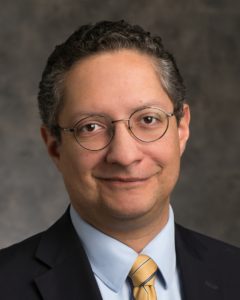
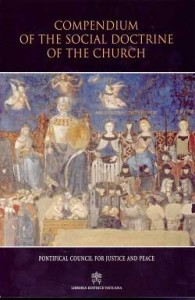
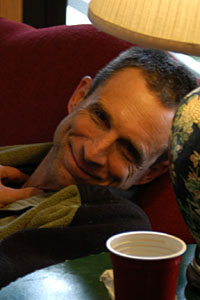
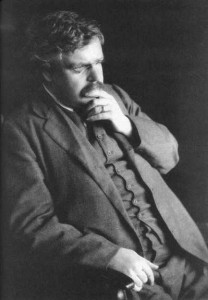 In this episode, Dr. Reno discusses G. K. Chesterton his life and times, as well as his vigorous, fun, witty engagement with secular critics of Christianity which still resonate so well today.
In this episode, Dr. Reno discusses G. K. Chesterton his life and times, as well as his vigorous, fun, witty engagement with secular critics of Christianity which still resonate so well today.